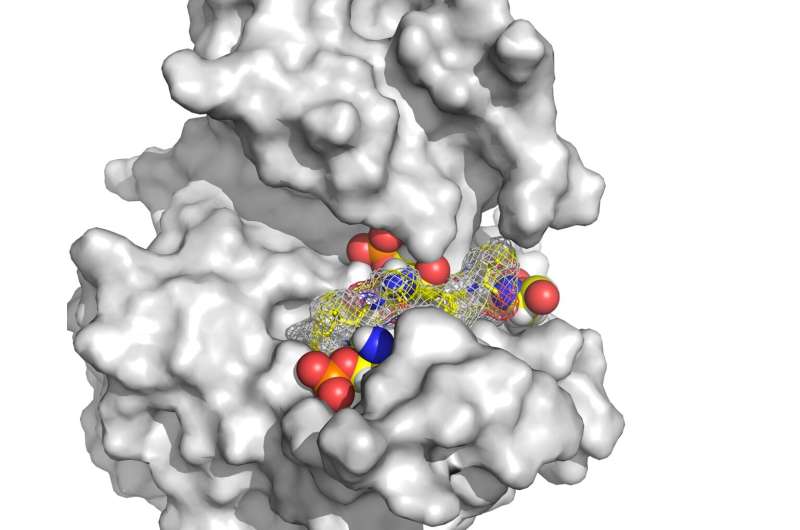Researchers from Duke-NUS Medical School and the University of California, Santa Cruz have made a groundbreaking discovery that could revolutionize the way we deal with jet lag. Their findings, published in the Proceedings of the National Academy of Sciences (PNAS), unveil the key to regulating our circadian rhythms, the internal clock that governs our sleep-wake patterns and daily functions. This discovery not only has the potential to cure jet lag but also pave the way for new treatments for a range of conditions related to the body’s internal timekeeping system.

The Case of Casein Kinase 1 Delta
The breakthrough with the new research is the analysis of a protein responsible for guiding our circadian rhythms — Casein Kinase 1 delta (CK1δ). Research a few years ago found that CK1δ comes in two major flavors: isoform δ1 and δ2 (which are divergent from each other by only the final 16 amino acids of the protein).
Applying sophisticated spectroscopy and spectrometry methodologies, the research revealed precisely where phosphate groups can bind to sites on CK1δ’s tail which modulate how the protein functions. The researchers then discovered that if phosphate groups latch on to these individual locations, CK1δ stops living life in the fast lane and our circadian clock ticks out of step. This finding gives us key information about how our circadian rhythms form and operate.
Tapping into isoform-specific regulation
The researchers further identified independent regulatory mechanisms of the two isoforms of CK1δ. Because the δ1 isoform makes more contacts with the protein body itself, there also are numerous additional self-inhibitory interactions between δ1 and other parts of the rest of the protein compared to δ2. That is, δ1 behaviour depends more on its tail than that of δ2, an essential aspect to keep activity in both the wild-type CK1δbin and thus regulate our circadian rhythms.
By dissecting these isoform-specific disparities, the authors have elicited a direction for future therapeutic strategies that would allow for pharmacological intervention targeting the exact regulatory mechanisms of CK1δ. And not only do this have the potential to solve some jet lag and disrupted sleep related problems, but could affect a lot of other things in life, like cancer, cellular level and neurodegenerative disease.
Practical Applications and Prospective Ramifications
But the real repercussions of this finding goes deeper than just ending jet lag. Our circadian rhythms can have wide-reaching implications on our health and wellness, such as providing benefits for improved sleep, energy metabolism, and daily activities.
The researchers are exploring how external factors in the real world such as diet, or environmental changes can influence how and when CK1δ is tagged. Taken together, it can help reveal how these factors might affect our circadian rhythms, and offer solutions for preventing outside influences from causing their major disruptions. According to study senior author Professor Patrick Tan from Duke-NUS, “The ability to regulate the body’s internal clock is of crucial importance for many aspects of human health beyond jet lag,” adds. This finding, which could revolutionize how we treat these necessary functions to our lives, is quite remarkable.
